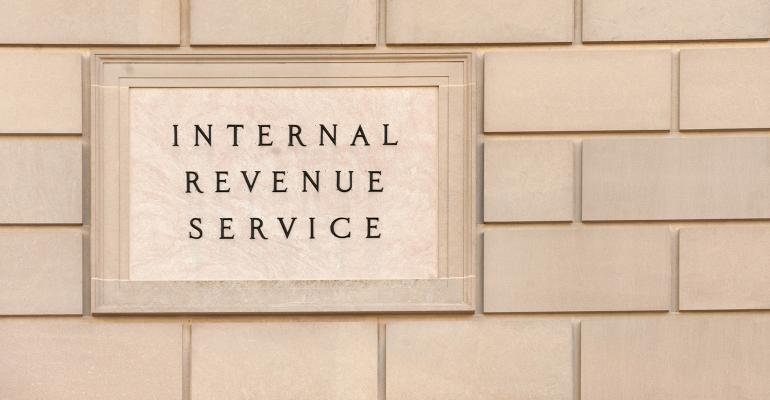By Kelsey A. Brock
On March 15, 2018, the Internal Revenue Service issued Private Letter Ruling 129846-16, which confirmed that the modification of a grandfathered generation-skipping transfer, or GST, trust to change its unitrust payment rate and to add an ordering rule won’t cause the trust to lose its tax-exempt status.
Terms of the Trust
The PLR stated that the decedent died prior to Dec. 26, 1985, and that the decedent’s will established a trust for the benefit of decedent’s daughter and her descendants. The terms of the will, provided that, during the lives of decedent’s daughter and her children, and for 21 years following the death of the last of them to die, half of the trust’s net income was to be distributed to decedent’s daughter and the other half was to be distributed to the grandchildren and more remote descendants of decedent’s daughter. Following the death of the last to die of decedent’s daughter and her three children (decedent’s grandchildren), the trust was to be divided into separate equal shares for each of such deceased grandchildren. The income of each share was required to be distributed to the issue of the grandchild for whom it was created for the next 21 years, at which time the shares would terminate outright in favor of the current beneficiaries.
At the time the PLR was requested, the decedent’s daughter and two of the three grandchildren were deceased. One of the deceased grandchildren was survived by three children and the other died without any children. The third grandchild was living but had no descendants.
The trust was initially administered in one state, and a court located there signed a final order modifying the method by which the trust’s income was to be determined (pending a favorable ruling from the IRS). The modification provided that the annual distribution amount was to be equal to the greater of the trust’s annual net income or a unitrust amount based on the trust’s total value determined as of the first day of each year. The trust situs was then moved to a new state, where the corporate trustee sought a second modification to provide that the annual distribution amount would be equal to a different unitrust amount than the amount described in the first modification. This new unitrust amount was within the unitrust range permitted under the local laws of the new state. The trustee also sought to modify the trust to add an ordering rule for determining the character of trust distributions for income tax purposes.
Modifications Causing Loss of GST Tax-Exempt Status
In general, under Treasury Regulations Section 26.2601-1(b)(4), a modification that’s valid under that state’s law where it’s administered will not cause loss of exemption unless the change (a) results in a beneficial interest in the trust being shifted to a lower generation than that of the person who held the interest prior to the modification, or (b) extends the time for vesting of a beneficial interest beyond the period initially permitted by the trust.
The IRS specifically declared that certain administrative changes wouldn’t result in a beneficial interest being shifted to a lower generation. Similarly, the IRS stated that the administration of a trust in accordance with local law permitting the trustee to take certain liberties with the determination of principal and income, including laws that define income as a unitrust amount or permit the trustee to satisfy an income right with a unitrust amount, wouldn’t cause an interest to be shifted to a lower generation. The PLR includes two examples from Treas. Regs. Section 26.2601-1(b)(4)(i)(E), the first of which described a modification to change the number of trustees required to serve and the second of which described a trust administered in a state that changes its income and principal statute to define income as a unitrust amount. The IRS used both examples to illustrate its position that these administrative changes wouldn’t cause a trust to lose its tax-exempt status.
Section 1.643(b)-1 of the Income Tax Regulations provides (generally) that the definition of “income” shall be determined under the terms of the governing instrument and applicable local law. The IRS further noted that allocations between income and principal in accordance with local law will be respected so long as that local law provides for reasonable apportionment between the income and remainder beneficiaries.
No Shift in Beneficial Interest
The IRS then summarized the specific statute in question; determining it to be reasonable for the purposes at hand, the IRS concluded that because the proposed unitrust amount was within the range prescribed by the state’s statute, the administration of the trust in accordance with this change wouldn’t cause a beneficial interest in the trust to shift to a lower generation. The IRS also reasoned that the proposed ordering rule was purely administrative in nature and wouldn’t cause a shift in the beneficial interest. Finally, the IRS concluded that neither the change in the method for determining income nor the implementation of the proposed ordering rule would extend the time for vesting of a beneficial interest in the trust.
Kelsey A. Brock is an associate in The Blum Firm, P.C. in Dallas.





